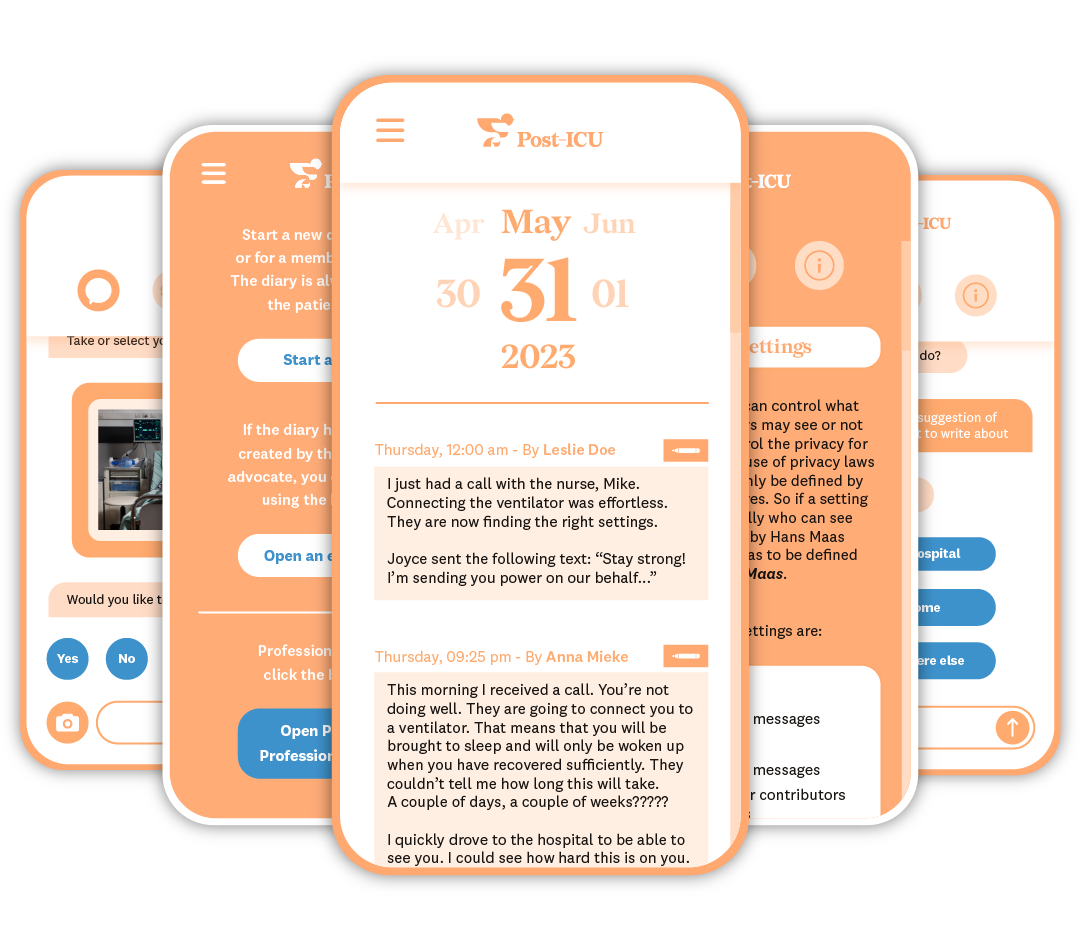
There are many important advantages of keeping an ICU diary such as Post-ICU.
Journaling is the act of writing in a diary. It has been shown to decrease blood pressure, ease symptoms of depression, and improve immune functioning. Journaling about emotionally distressing situations helps in healing and processing. It affects a person’s thoughts, feelings, and physical health positively.
ICU diaries offer proven benefits for patients, their families, healthcare staff and hospitals.
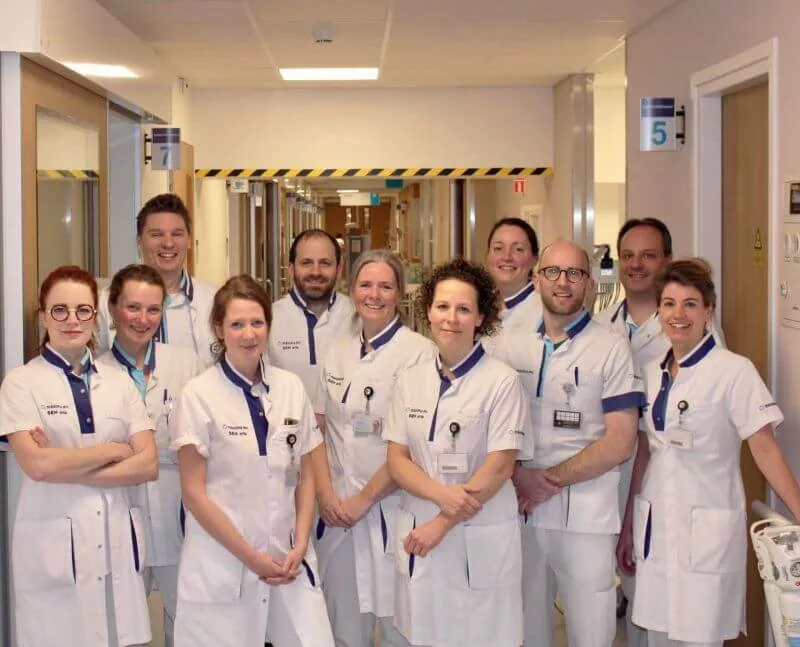



Journaling is the act of writing in a diary. It has been shown to decrease blood pressure, ease symptoms of depression, and improve immune functioning. Journaling about emotionally distressing situations helps in healing and processing. It affects a person’s thoughts, feelings, and physical health positively. Journaling is not only beneficial for patients and families but for healthcare workers as well. Studies have shown that journaling increases nurses’ compassion while decreasing both burnout and compassion fatigue symptoms.
In addition, nurses have indicated three themes that they experienced as positive results of journaling:
Learn how to reduce ICU readmissions and improve patient care today!
















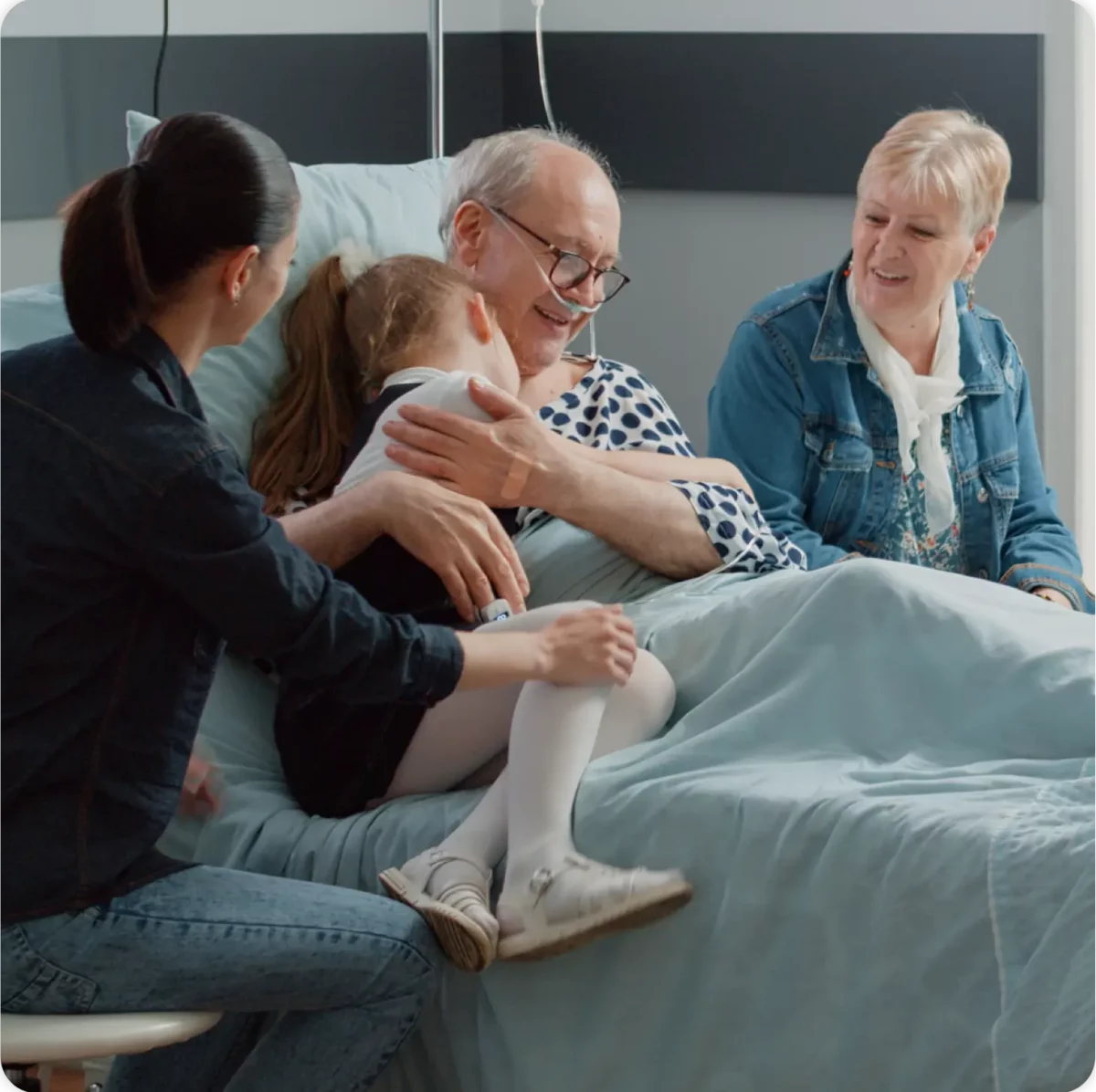
Explore our resources hub full of expert-level content and materials.
The latest on critical and person-centered care
delivered to your inbox - only once every 3 months.